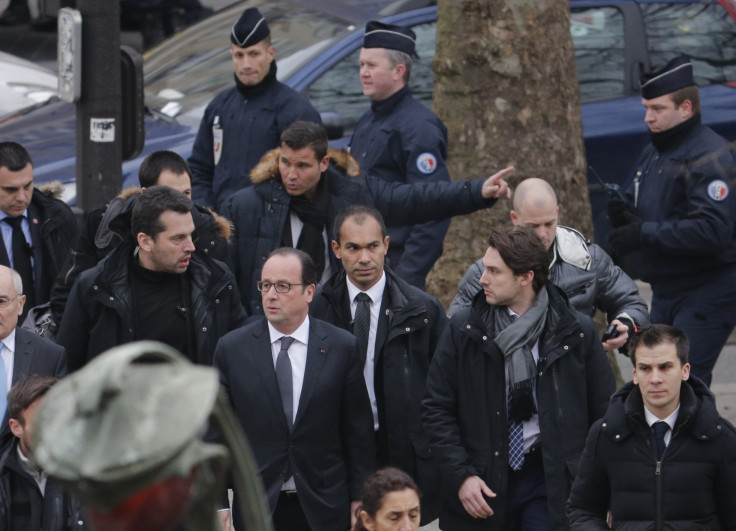France Terrorism: Paris Magazine Shooting Comes After Years of Islamist Plots

The terrorist attack in Paris Wednesday follows a series of terror attacks in France carried out by Islamist extremists since 2011. The incidents had created a fear of terrorism long before Wednesday’s attack against the satirical magazine Charlie Hebdo in central Paris that left 12 people dead.
While it was not immediately clear who carried out the Charlie Hebdo attack, incidents elsewhere in France have been linked to the country’s history of military involvement in Muslim-majority nations. In 2012, Mohammed Merah, a Frenchman of Algerian descent who claimed ties to al Qaeda, carried out an attack that killed three Jewish schoolchildren, a rabbi and three paratroopers in Toulouse and Montauban, cities located in southwestern France, the Associated Press reported. Merah was killed in a standoff with police. The attack was said to be the deadliest in France in recent years.
Last month, a man shouting "Allahu Akbar!" (the Arabic words for “God is great”) plowed his car into a crowd in Dijon, a city in eastern France. The attack injured 13 people. Authorities later reported the man had a history of mental health problems. Also in December, French police shot and killed a man after he stabbed three officers in a police station. That man also reportedly had shouted "Allahu Akbar!”
President François Hollande said other suspected terror plots in France have been foiled in recent weeks, NBC News reported. Hollande on Wednesday said the killings at Charlie Hebdo were “undoubtedly a terror attack” and that Paris' anti-terror alert had been raised to the maximum level.
Charlie Hebdo infamously published cartoons of the Prophet Muhammad in 2006, angering many in the Muslim world. Its office was firebombed in 2011 after announcing the release of a special issue satirizing Shariah law, NBC News reported.
U.S. President Barack Obama condemned the "horrific shooting" Wednesday and offered to provide any assistance needed "to help bring these terrorists to justice." U.N. Secretary General Ban Ki-moon said: "It was a horrendous, unjustifiable and cold-blooded crime. It was also a direct assault on a cornerstone of democracy, on the media and on freedom of expression."
A manhunt for the Hebdo attackers was still underway at the time of publication.
© Copyright IBTimes 2024. All rights reserved.












